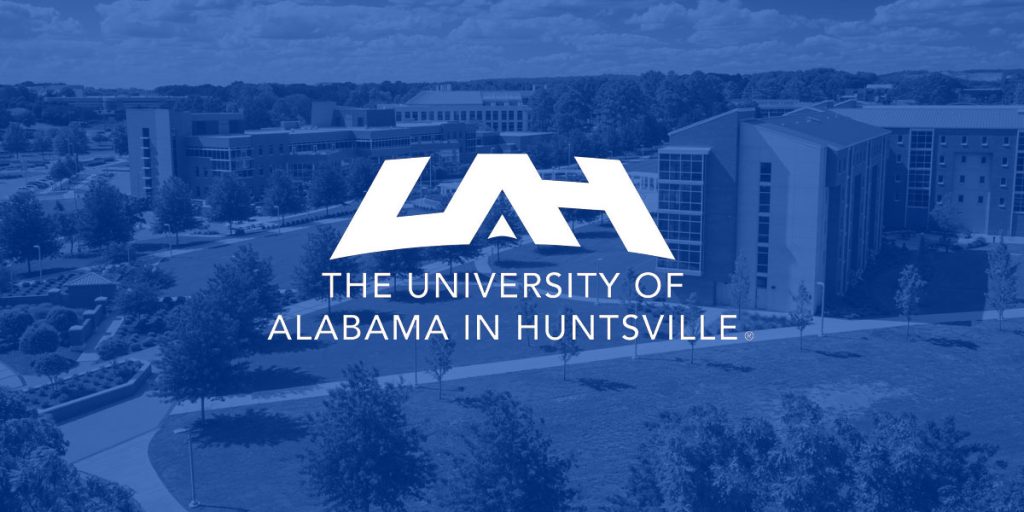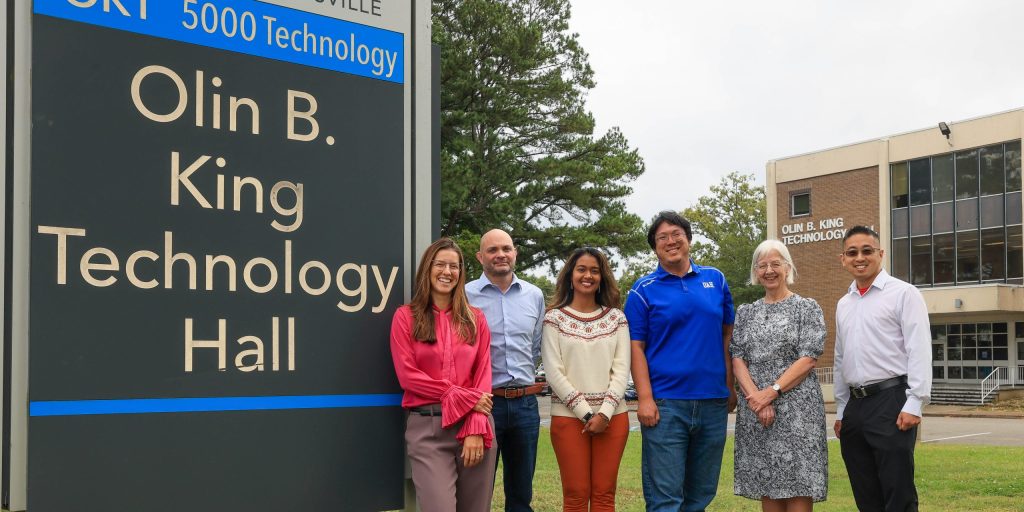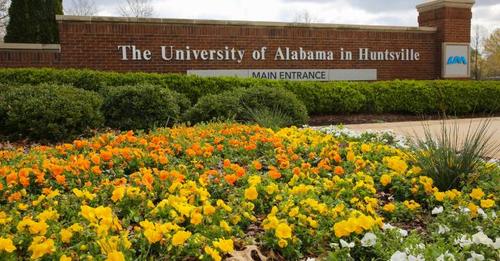HUNTSVILLE – The University of Alabama in Huntsville will become the Alabama hub for statewide high-performance computing, thanks to a nearly $1 million two-year National Science Foundation grant.
“This funding will allow us to establish a high-performance computing facility to serve a consortium of 10 Alabama universities, both public and private,” said Dr. Vladmir Florinski, the principal investigator for the effort that attracted $972,261 from NSF’s Established Program to Stimulate Competitive Research. “As the host site, UAH will ultimately have control over the hardware design, use policy and resource allocation.”
Florinski is a professor of space science and researcher at UAH’s Center for Space Plasma and Aeronomic Research, one of the most prolific HPC users on campus.
“However, we plan to invite representatives from each participating institution to serve on an advisory board, thus making decision-making a collective experience,” he said. “As a result, UAH will forge closer ties with the other state colleges that would enable more collaborations on science and engineering projects involving computer modeling or data analysis.”
The Advisory Board will meet remotely every semester and make recommendations on sharing computing and storage resources.
“Faculty, researchers and students from every participating university will be able to apply for accounts and run their applications on the system,” said Florinski. “A central web portal will be created to simplify account applications.”
Eighty percent of the grant money will purchase an HPC cluster that will improve the computing capabilities of the consortium, he said.
Users across the state will connect to the new flagship HPC cluster remotely using a secure shell protocol. The project will mostly rely on network connections between the sites. CSPAR information technology personnel will be responsible for operating and maintaining the new HPC system.
“The system will be integrated into a national federation network allowing resource sharing with users outside the state, as required by NSF’s policy,” said Dr. Florinski. “As the system enters production, my role will shift to helping the participating institutions – especially those that serve minority groups – to develop and improve their HPC capabilities to take full advantage of this important resource.”
He said the success of the project is dependent on the existence of regional fiber optic networks.
“This includes the Alabama Research and Education Network and also the University of Alabama System Regional Optical Network and Southern Crossroads of the Georgia Institute of Technology,” he said.
UAH’s College of Science and College of Engineering teamed in the grant proposal. Departments providing a list of projects that would benefit their research include Biological Sciences, Chemical and Materials Engineering, Computer Science, Mechanical and Aerospace Engineering, and Space Science.
“We hope, naturally, to attract HPC users from other departments as well,” Florinski said. “In addition to that, the Department of Space Science plans to introduce a graduate certificate in computational physics that will involve the new system in an educational capacity. This offers an opportunity to collaborate with the departments of Computer Science and Electrical and Computer Engineering on the new curriculum.”










